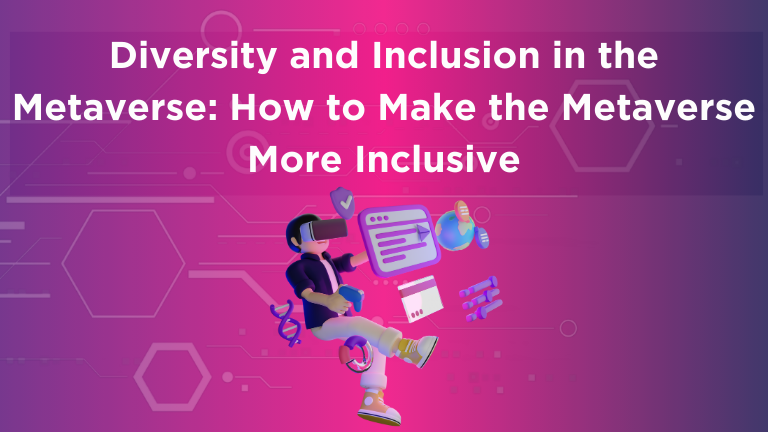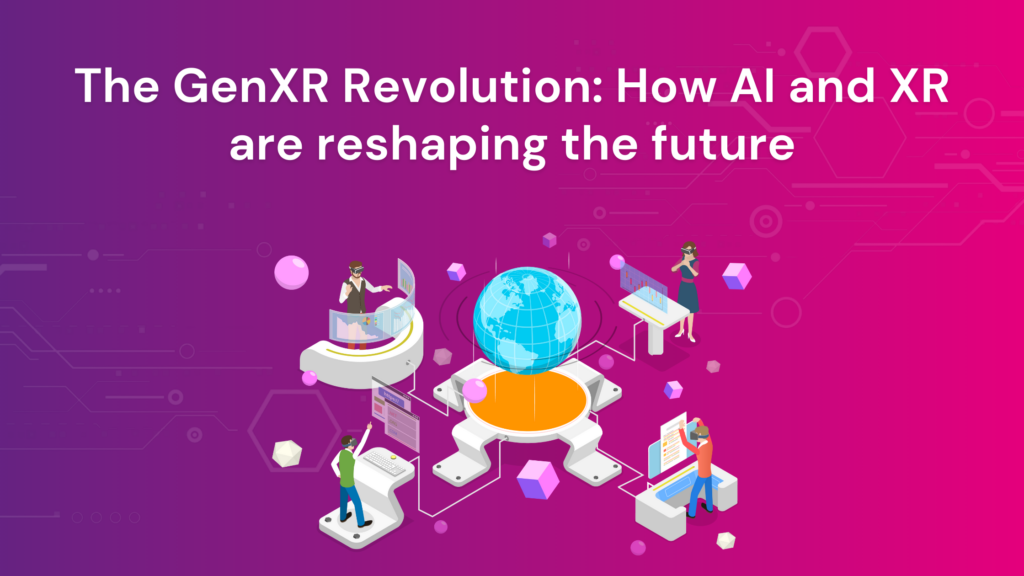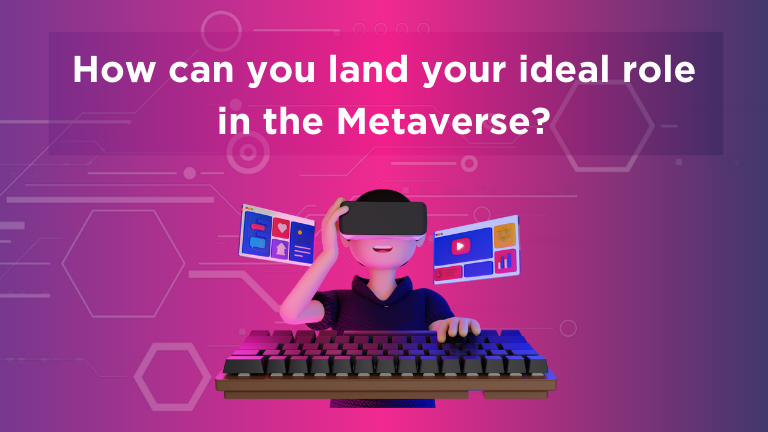Is the Metaverse the Next Big Thing or Another Tech Bubble?
The Metaverse has become the talk of the town in the tech world in recent years. With companies like Meta, formerly Facebook, investing heavily in the technology and brands like Nike, Walmart, and Coca-Cola unveiling their own Metaverse strategies, it’s hard to ignore the buzz around the concept. However, with the Dotcom era and its bubble still fresh in our minds, many people are questioning whether the Metaverse is the next big thing or another tech bubble waiting to burst.
Comparing the Dotcom Era and the Metaverse
To understand the Metaverse, it’s essential to start with an exploration of why people are comparing it to the Dotcom era. During the Dotcom era, the internet was new, and companies were investing in online experiences with little business planning or strategy. While some entrepreneurs created thriving businesses for the new age of the internet, the vast majority of ideas sunk before they really got a chance to take off. The excessive investment in internet technologies, followed by the disastrous number of brands failing to benefit from their own online strategies, created what we now know as the “dotcom bust.”
Benefits of the Metaverse
There are similarities between the Dotcom era and the Metaverse hype we’re seeing today. Many companies have begun investing in Metaverse campaigns without a full understanding of what the Metaverse can offer. Additionally, much of the hype around the Metaverse is based primarily on speculation, with analysts predicting that the Metaverse will soon be worth trillions of dollars, even though fully formed Metaverse environments have yet to hit the mainstream.
However, there are also significant differences between the two. When companies began investing in internet opportunities during the 90s, they were doing so with virtually no established use cases or examples of how the internet would be successful. On the other hand, the Metaverse is already demonstrating obvious benefits. In the training and educational landscape, research has proven that teaching students with Metaverse-style strategies generate results. Extended reality, a core part of the Metaverse, leads to better knowledge retention and engagement from students.
Its already happening
In the enterprise environment, companies are experimenting with Metaverse technologies to improve collaboration, communication, and productivity. Meta and other major companies investing in Metaverse environments have suggested the Metaverse could become the new future of work at a time when hybrid and remote employees are looking for more immersive, engaging experiences with colleagues.
Moreover, companies are even successfully using the Metaverse to connect with customers and improve shopping experiences. Nikeland, from Nike, has increased sales for the athletic clothing provider, improved customer satisfaction levels, and led to higher levels of brand loyalty. As the hype continues to grow around the Metaverse, new and proven use cases are emerging all the time.
One of the best examples is in the industrial sector, where countless brands are already using Metaverse concepts like digital twins, XR, AI, and IoT to streamline production, keep employees safe, and reduce carbon emissions. BMW and Bentley have even reported excellent results from building Metaverse environments with NVIDIA’s omniverse environment.

Is the Metaverse the next big thing, or a tech bubble waiting to burst?
The hype around the Metaverse is growing at an incredible speed, and it’s impossible to overlook the fact that some brands are getting involved in this landscape for the wrong reasons without the right planning or strategy. However, this doesn’t mean the Metaverse is just another industry trend waiting to go bust!




